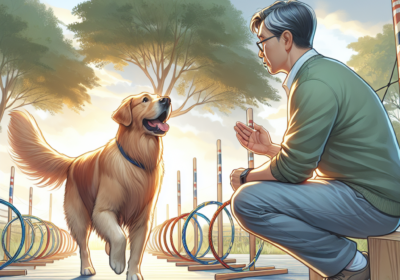Canine Freework and Bonding with Your Dog
Table of Contents
- Benefits Of Canine Freework For Enhancing Dog-Owner Bond
- How To Incorporate Canine Freework Into Your Daily Routine
- Strengthening Your Relationship Through Canine Freework Activities
Canine Freework is an innovative approach to dog training and enrichment that emphasizes the importance of allowing dogs to explore and interact with their environment in a natural and unstructured manner. This method encourages dogs to use their senses, particularly their sense of smell, to investigate their surroundings, which can lead to increased mental stimulation and reduced stress. By providing opportunities for free exploration, Canine Freework helps to build a dog’s confidence and fosters a deeper understanding of their individual needs and preferences.
Bonding with your dog is a crucial aspect of a healthy and fulfilling relationship between pet and owner. It involves spending quality time together, engaging in activities that both enjoy, and understanding each other’s communication styles. Strong bonds are built through trust, consistency, and positive reinforcement, which can lead to improved behavior and a more harmonious household. Activities such as play, training, and simply being present with your dog can strengthen this bond, ensuring a loyal and loving companionship.
Strengthening Your Relationship Through Canine Freework Activities
Canine Freework, an innovative approach to dog training and enrichment, offers a unique opportunity to strengthen the bond between you and your canine companion. This method emphasizes the importance of allowing dogs to engage in natural behaviors and make choices, fostering a deeper connection and mutual understanding. By incorporating Canine Freework activities into your routine, you can enhance your relationship with your dog while promoting their physical and mental well-being.
One of the primary benefits of Canine Freework is that it encourages dogs to use their senses and instincts in a controlled environment. This approach contrasts with traditional training methods that often focus on obedience and command-following. Instead, Canine Freework allows dogs to explore their surroundings, solve problems, and engage in activities that stimulate their natural curiosity. This freedom to choose and explore can lead to increased confidence and reduced stress, as dogs feel more in control of their environment.
Moreover, Canine Freework activities can be tailored to suit the individual needs and preferences of your dog. For instance, scent work, which involves hiding treats or toys for your dog to find, can be particularly beneficial for breeds with a strong sense of smell. Similarly, agility courses or obstacle challenges can provide physical exercise and mental stimulation for more active dogs. By observing your dog’s behavior and preferences, you can create a customized Freework routine that keeps them engaged and satisfied.
In addition to the direct benefits for your dog, Canine Freework can also enhance your relationship by fostering trust and communication. When you allow your dog to make choices and explore independently, you demonstrate respect for their autonomy and intelligence. This mutual respect can lead to a stronger bond, as your dog learns to trust you as a supportive and understanding partner. Furthermore, participating in Freework activities together can provide valuable opportunities for positive reinforcement and shared experiences, reinforcing your connection.
Transitioning from traditional training methods to Canine Freework may require a shift in mindset for both you and your dog. It is essential to approach these activities with patience and an open mind, allowing your dog to take the lead and explore at their own pace. Initially, some dogs may be hesitant or unsure, particularly if they are accustomed to more structured training routines. However, with time and encouragement, most dogs will begin to embrace the freedom and opportunities that Freework provides.
To maximize the benefits of Canine Freework, it is crucial to create a safe and stimulating environment for your dog. This may involve setting up designated areas in your home or yard where your dog can explore and engage in Freework activities. Additionally, incorporating a variety of textures, scents, and objects can help keep your dog interested and challenged. Regularly rotating these elements can prevent boredom and ensure that your dog remains engaged and motivated.
In conclusion, Canine Freework offers a valuable approach to strengthening your relationship with your dog through activities that promote natural behaviors and choice. By embracing this method, you can enhance your dog’s physical and mental well-being while fostering a deeper connection built on trust and mutual respect. As you incorporate Canine Freework into your routine, you will likely find that both you and your dog enjoy the benefits of a more enriched and harmonious relationship.
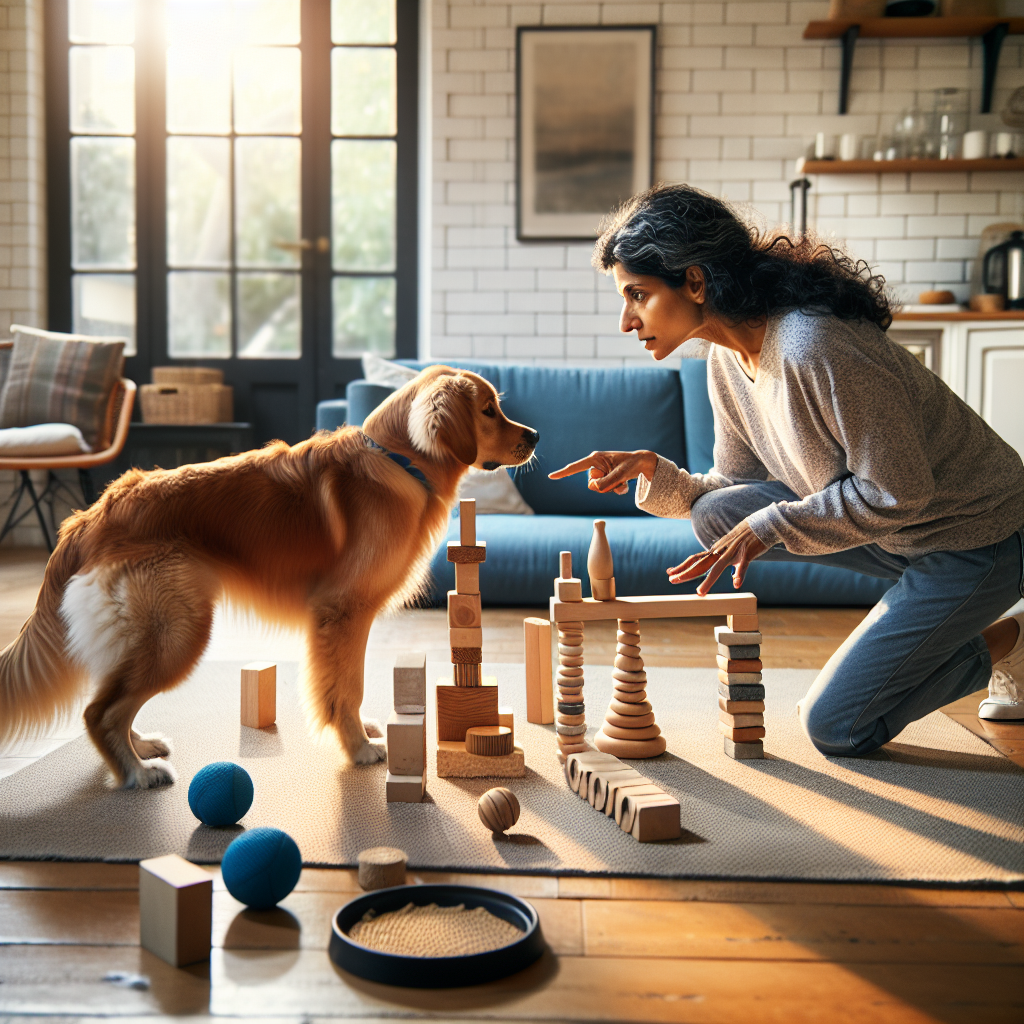
Read more about Canine Freework
Canine Freework and Bonding with Your Dog
– Building Trust and Communication with Canine Freework
– Positive Effects of Canine Freework on the Human-Canine Bond
– Incorporating Canine Freework in Training for Rescue Dogs
– Canine Freework for Dogs with Behavioral Issues
– Creating a Stronger Connection with Your Dog through Canine Freework



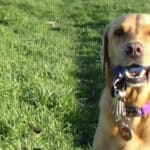

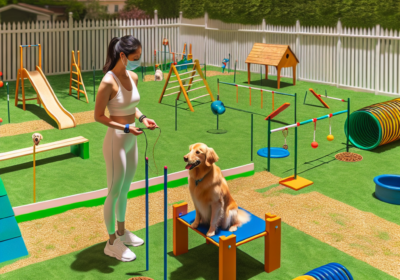
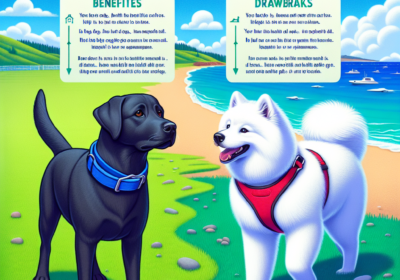
![The Dog Podcast Uncovers Startling Truths About What We Feed Our Dogs [Press Release]](https://yourhomeandgardenhub.com.au/wp-content/uploads/2024/08/dog-bowl-400x280.webp)
